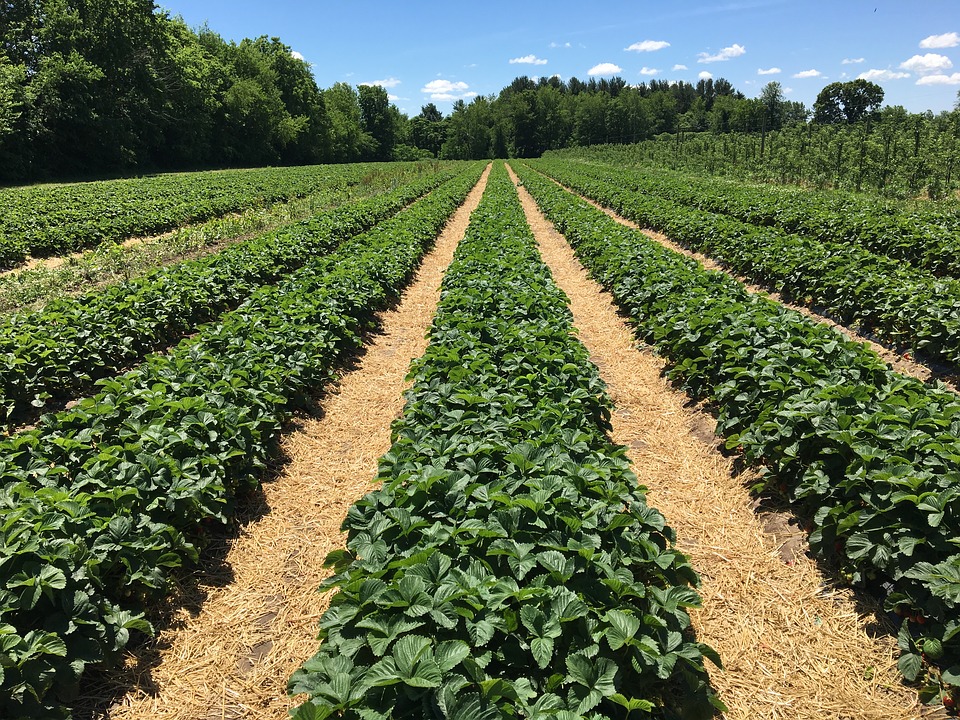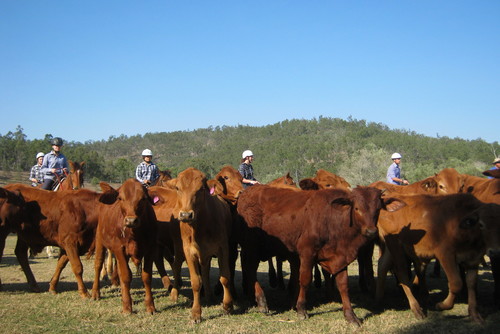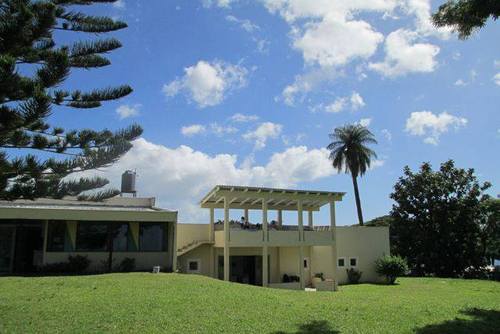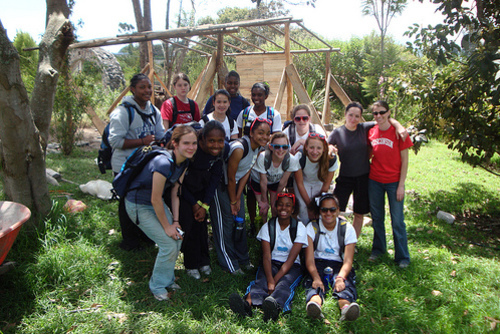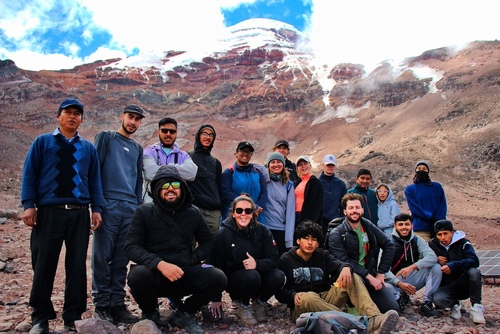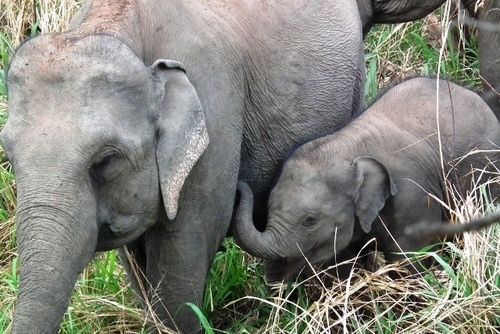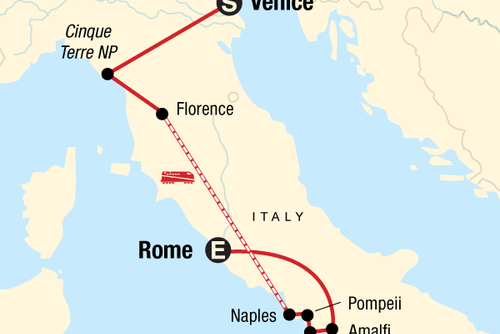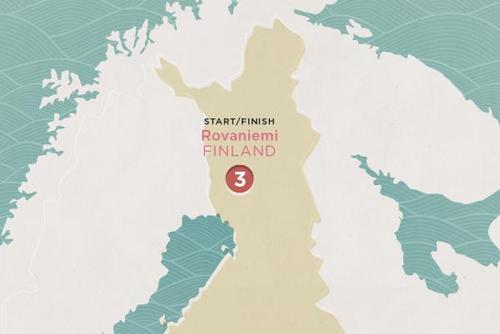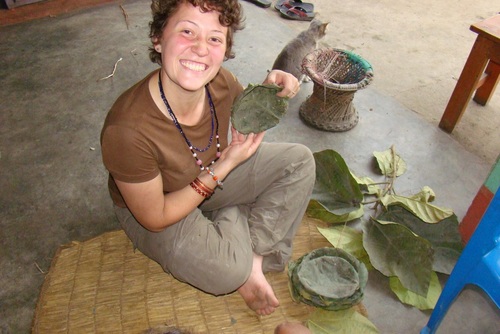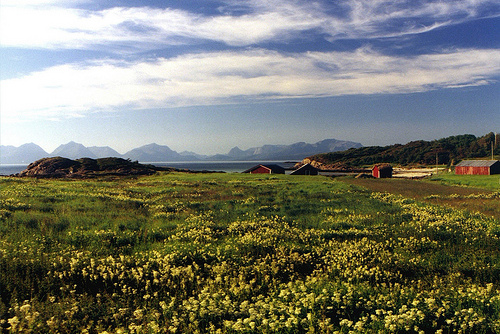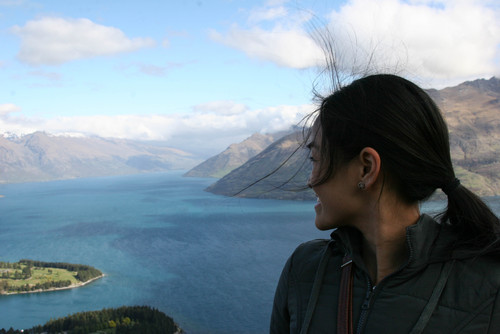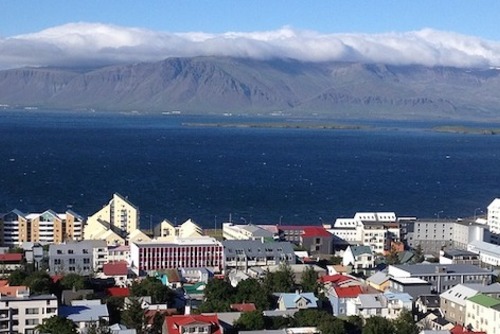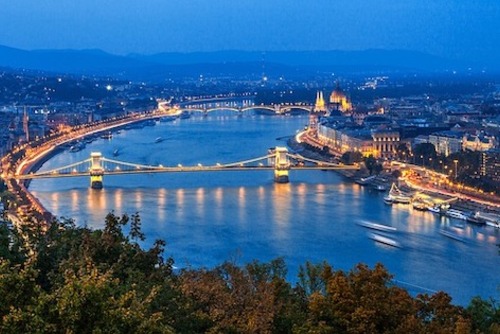View our guide with information about everything you need to know about working and travelling the world as a WWOOFer.
What does WWOOF mean & what is it?
WWOOF stands for Worldwide Opportunities on Organic Farms or Willing Workers on Organic Farms.
WWOOF was created in 1971 and is in brief is a database of organic farms around the world who advertise for volunteer workers to help out in exchange for food and lodging.
People from all around the world can apply to be part of this unique cultural exchange and thousands of people have participated in the last decades.
How does it work?
You can register on the WWOOF website and contact farms worldwide. If accepted are able to live and work in a voluntary capacity helping out with all areas of farming.
You will usually be provided with free accommodation, food, hospitality and get to learn more about organic farms, lifestyles and the industry.
Where can I WWOOF?
You can find farms all over the world. There are lots of amazing places you can go and this really depends on your interests.
Eligibility
Anyone is eligible to apply (all ages) but you will need to be fit, in good health and be open to the experience of working hard. Some farms accept families with children.
What are the jobs like
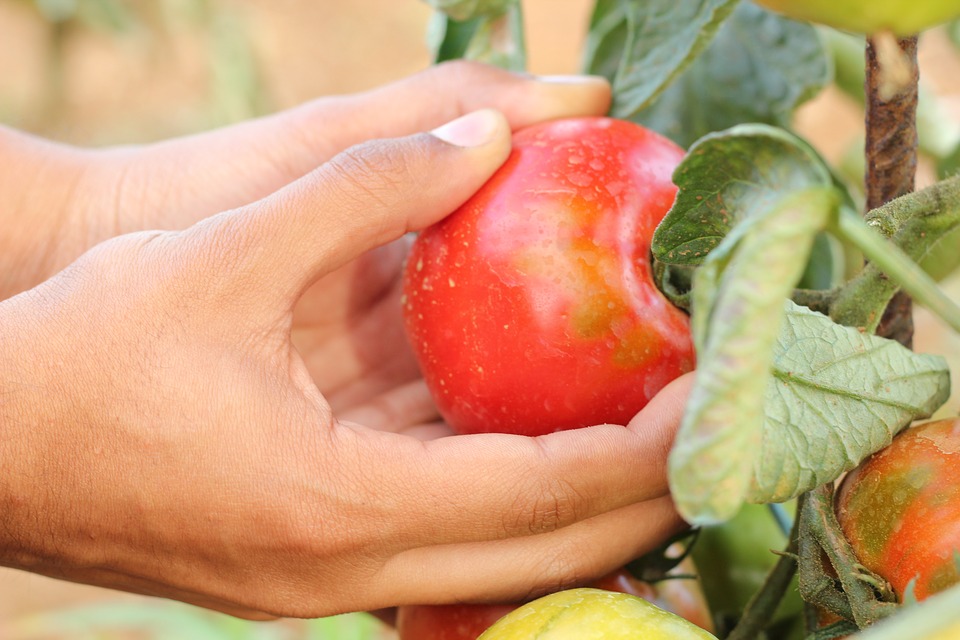
Roles can include getting involved with all aspects of farm work e.g. harvesting, cleaning, planting, fruit picking, weeding, hay making, building projects, making food and caring for animals.
What is accommodation like?
Most farms have onsite accommodation either within a house or specially built housing for participants and workers. Others offer caravans, tents and camping.
Working hours
Each farm is different, you will usually find most hosts require around 4-5 hours per day; whilst others might want more. It really depends on the host and how much work is available. Hours might be longer with early starts during busy times like harvesting.
How long can you stay?
Most farms state a minimum of one week’s stay. Some WWOOFers stay on the same farm for several weeks and even months, depending upon their host’s needs.
Language
If you are going to volunteer abroad as a WWOOFer then you might want to learn some of the local lingo. You will find most hosts speak English but it is still polite to learn some words and phrases.
Benefits
WWOOF is a great way to live and work abroad at minimum cost, integrate into a different culture, make new friends, improve your language skills and learn more about organic lifesyles.
Negatives
You will find most WWOOF reviews to be positive but like anything in life some people do have negative experiences. There are some horror stories of people not getting along with hosts, or working long hours for little return.
How to apply
Fore more information and to register visit www.wwoof.org.
WWOOFing Reviews & Testimonials
If you have ever been to WWOOF contact us and let us know how you got on.
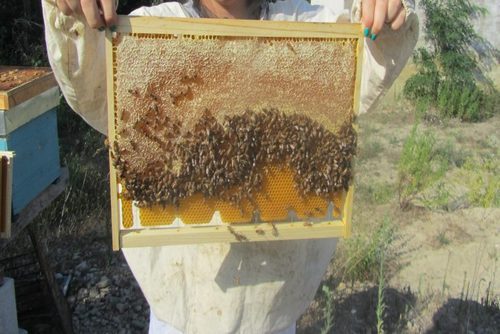
My Experience WWOOFing on Organic Farms in Italy
Jo Tabor recently went to volunteer in Italy on an organic farm with WWOOF, here she shares her experience with how she found the job and useful information if you are thinking about doing something similar.
I’m sure you have heard of Rome, Milan and Florence. I am sure you have even heard of Tuscany with the green rolling hills of vineyards and fruit. However, I would not bet my last pound on you having heard of Emilia-Romagna, the central region of Italy that billows down from the Adriatic coast.
This forgotten territory was where I spent two weeks working on a bee farm through the WWOOF organisation (World Wide Opportunities on Organic Farms), in the most surreal trip of my life to date.
My stay was in Mondaino, a glorious walled town that on first viewing feels like you have been dropped into a movie set – except that it is real life inside this stone encased community.
Travelling around Europe it is not unusual to come across historical castle towns, but there is typically a 5€ entry fee and a young boy selling you a souvenir t-shirt. This was a world away from your typical tourism site. In my hazed state, having not slept well for 4 days, I could not believe my tired eyes.
As we approached the outside walls I was readying myself to get out of the truck, sure that we would be stopping and wherever we were staying would have a beautiful view of this impending fortress. We did not stop, but drove right on into the town under an enormous archway of the type you see in old Robin Hood films.
On our right was the town square; a half moon dotted with a couple of wine bars, cafes and the town council offices. As I struggled to pick my jaw up off the floor, we eventually pulled up outside a small yellow door, somehow having squeezed our way down a narrow cobbled street to the family house.
The next morning we drove to the bee farm through the deep valley; purple vineyards on the right and pearly sheep on the left, with golden rays lighting up the valley ahead. Was this Tuscany or Mondaino?
For the first few days we shifted grain, a tough and dusty job in the heat of the midday sun, but working from 8am until 2pm meant the afternoon was ours to explore. Not only that, the lovely family recognized our work and rewarded us with food that English chefs let you believe is only for the rich and famous.
Emilia-Romagna is known for the wealth of black and white truffles found there and it just so happened that a truffle farmer friend arrived for lunch. He brought with him the most beautiful white truffles that he grated into a simple pasta dish washed down with a glass of wine. I would take a hard morning’s work for truffle pasta at lunchtime any day of the week.
On the first Sunday we did not have to work and so decided to explore the coastline on offer. Despite hearing horror stories about Italian public transport, particularly during weekends, the buses ran cheaply and perfectly on time. The downside when we arrived at the seaside town of Cattolica were the crowds that had the same idea.
Despite walking further along we could not escape the crowds, a job better done with a car perhaps? Ignoring the masses the coastline itself is an incredible sight, with high climbing cliffs sharply dropping down into crystal blue waters.
After 2 weeks our departure was tinged with sadness, but the blow was softened by sweet, sweet honey. If you have never tried nocciola miele (hazelnut honey) you need to. Imagine Nutella, but sweetened with the sultry tones of melting honey.
Put it on your toast, in your coffee or just eat it out of the jar – delicious. Experiencing bee farming, truffles and Emilia Romagna may sound surreal but ironically you feel like a real local, something definitely not achievable in a tourist-laden tour of the better-known Italian spots.
If you are willing to delve a little deeper, you can find a truffle nestling where you least expected it.
If you have you have ever thought about going to volunteer in Italy consider doing something different and participate on a WWOOF program.
Related Pages

